Just as travelers have been able to breathe a sigh of relief at Covid-19 travel restrictions easing, there are cases of a new virus that is a cause for increased biosecurity at international borders. The first cases of Foot and Mouth Disease were discovered in Java and Sumatra in mid-May 2022.
Agricultural authorities, farmers, and border control have done their best to keep the virus contained but this week the virus has been confirmed to be infecting cattle in Bali.
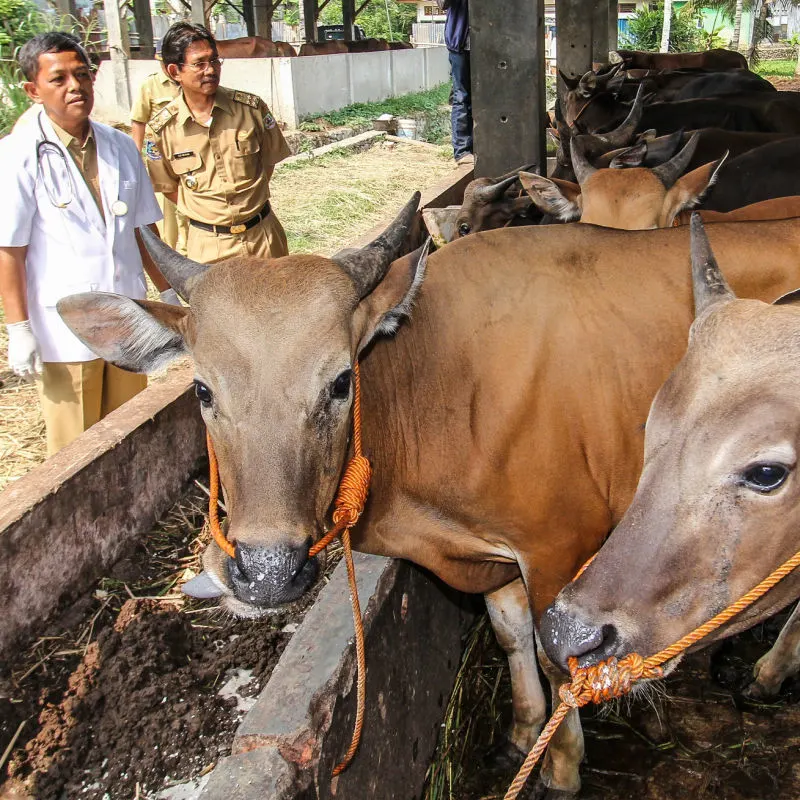
So far this week at least 60 cattle have had to be slaughtered after they tested positive for Foot and Mouth Disease. Since the outbreak began in May, there have been over 230,000 positive cases detected across Indonesia. While the disease does not affect humans, people can form a bio-bridge for the virus to spread. This is concerning border control and veterinary authorities in places like Australia.
Foot and Mouth Disease causes illness in animals with divided hooves like cows, sheep, pigs, goats, and deer.
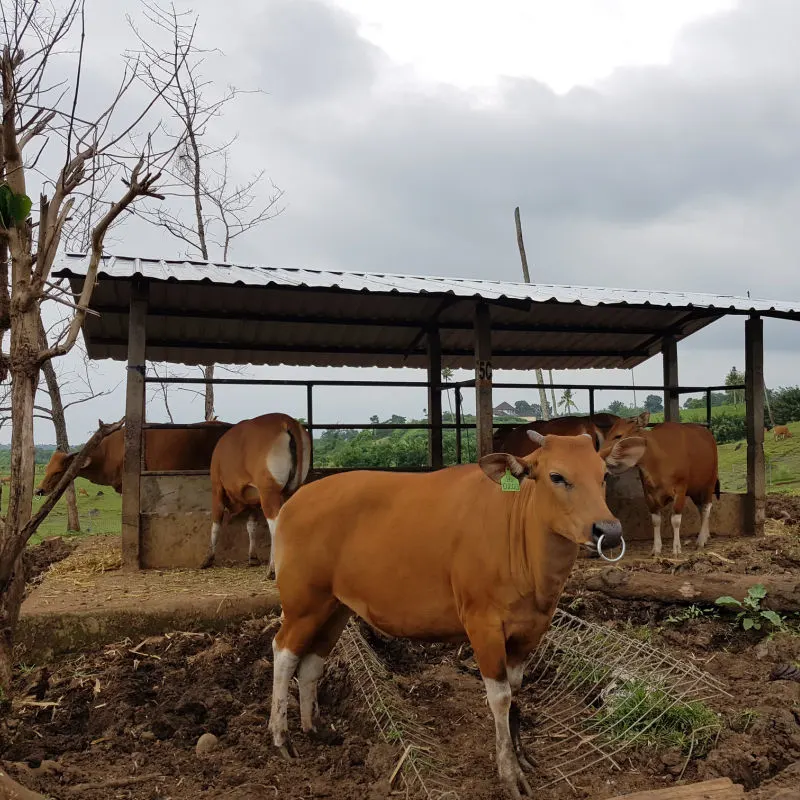
The virus survives in living tissue, breath, saliva, and secretions from affected animals. Although it does not impact humans, humans can carry the virus through contaminated materials such as clothing or shoes that have been worn in areas where animals who have the virus are present.
This is why leading veterinarians in Australia are calling on the government to increase biosecurity measures for travelers arriving in the country from Indonesia, especially those returning from Bali.
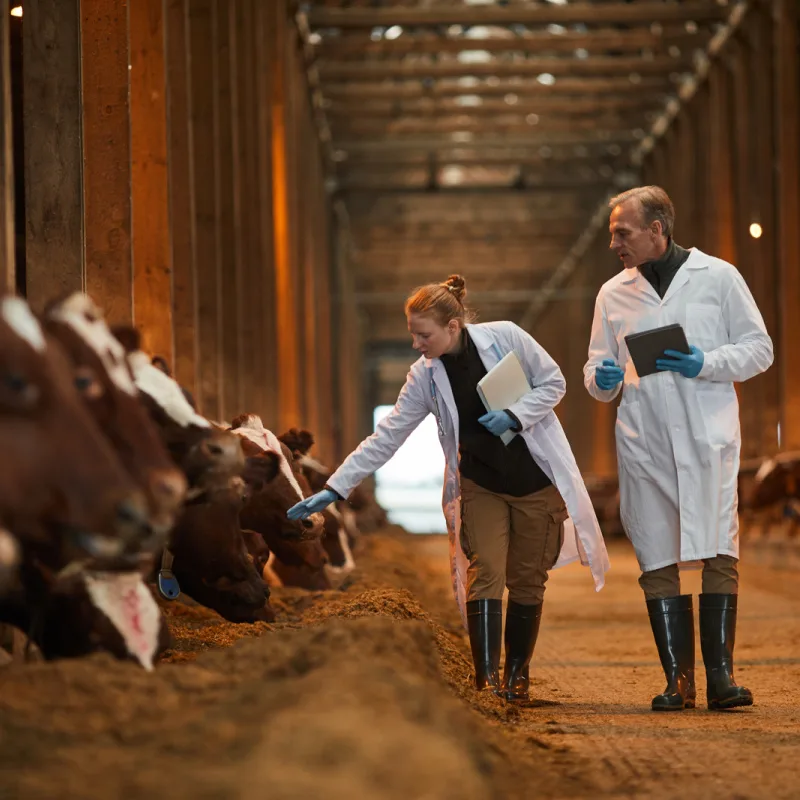
These increased biosecurity measures would include a survey for travelers to complete to confirm if they have been in any farm areas and mandatory disinfection of shoes. Australia’s Department of Agriculture, Fisheries, and Forestry has released a statement to the media that reads ‘airport staff is operating with increased vigilance across all flights arriving from Indonesia’, but the statement does not confirm whether new biosecurity measures would be introduced in the coming days.
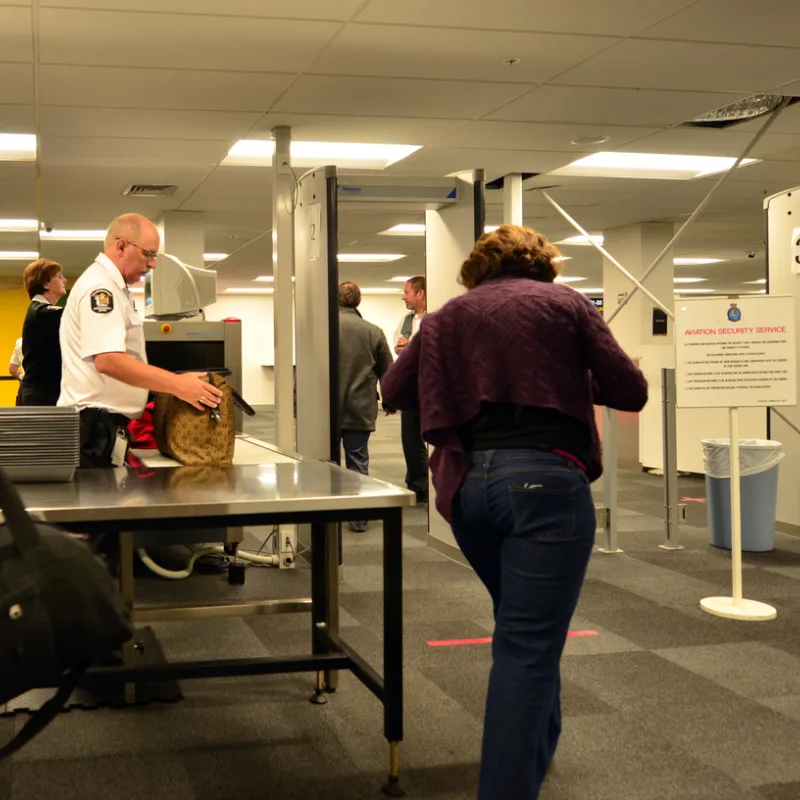
The statement goes on to say ‘”Australia has strict biosecurity protocols in place to prevent high-risk materials, such as contaminated equipment or clothing, animals and animal products, being brought in by travelers who may have been exposed to diseased animals…These same biosecurity checks are in place for all travelers from Indonesia.’
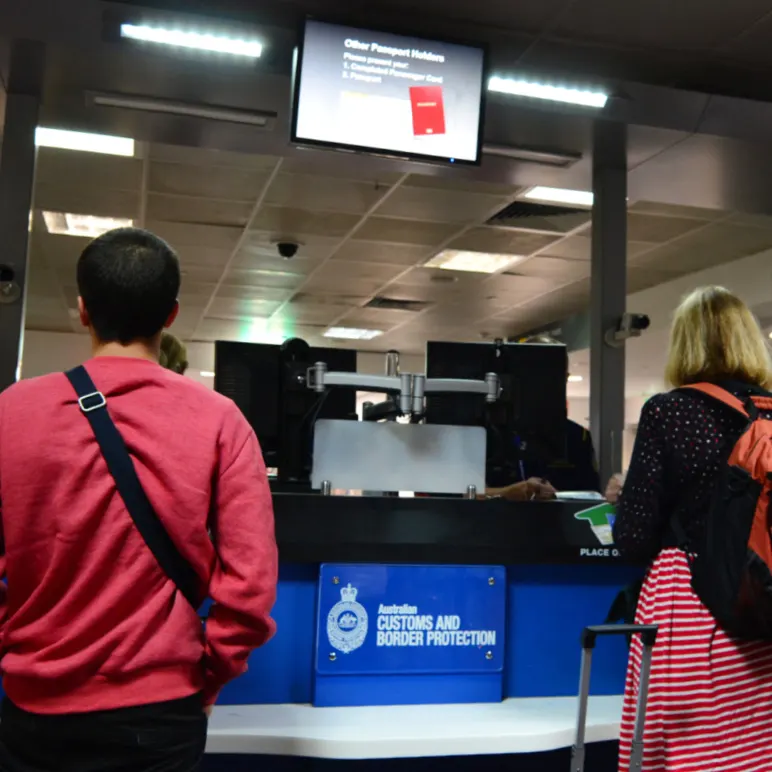
A Bali-based veterinarian has spoken to the media to say that the risk of the virus entering Australia has ‘just gone up dramatically’ which could be devastating for the agriculture sector and the Australian economy. Due to food health and hygiene protocols, any animal that tests positive for Foot and Mouth Disease must be destroyed, the same is true for any animal susceptible to the virus who has been in contact with a positive case.
This results in whole herds of cattle having to be slaughtered. Dr. Ross Ainsworth said that “The big danger period in Bali [and for Australia], is from now until the herds are fully vaccinated, [because] until there’s livestock vaccinated across Indonesia we’re at a much higher risk.’
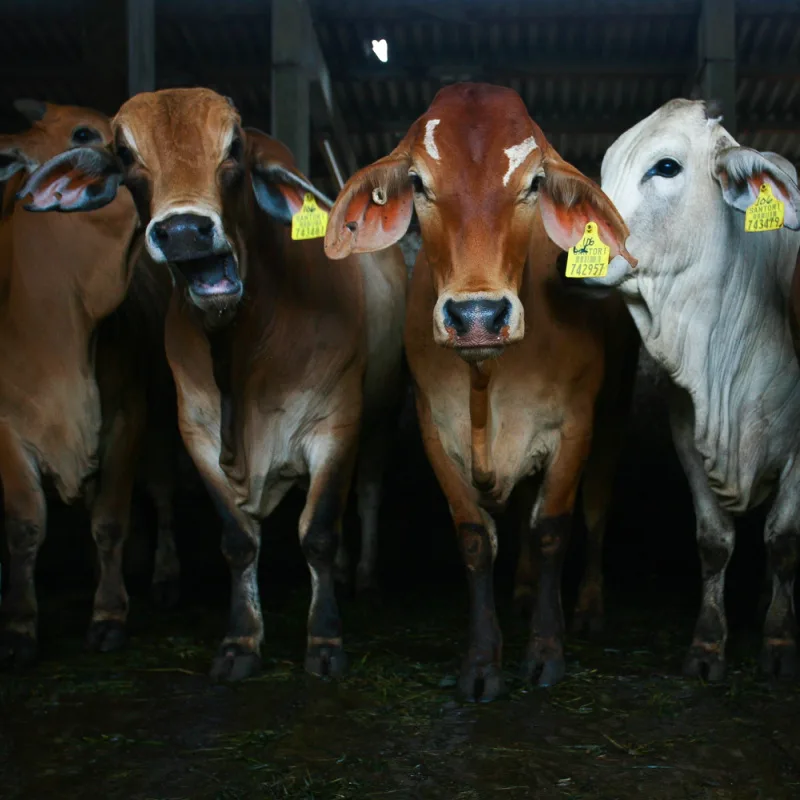
Due to the incubation period, meaning the time between infection and the onset of symptoms, and the time it took for test results to be confirmed in Bali, which was up to two weeks, the prevalence of the disease could be much higher than figures suggest. There were rumors in May that Australia would need to implement a travel ban on Australians heading to Indonesia if the situation escalated.
As caseloads in Bali have been confirmed the speculation of a ban has not resurfaced. This is good news, currently, the best practice for travelers is to avoid farmland areas where possible and to declare and disinfect upon arrival. It is safe for travelers to visit Indonesia and biosecurity measures are in place to protect livestock and wildlife.
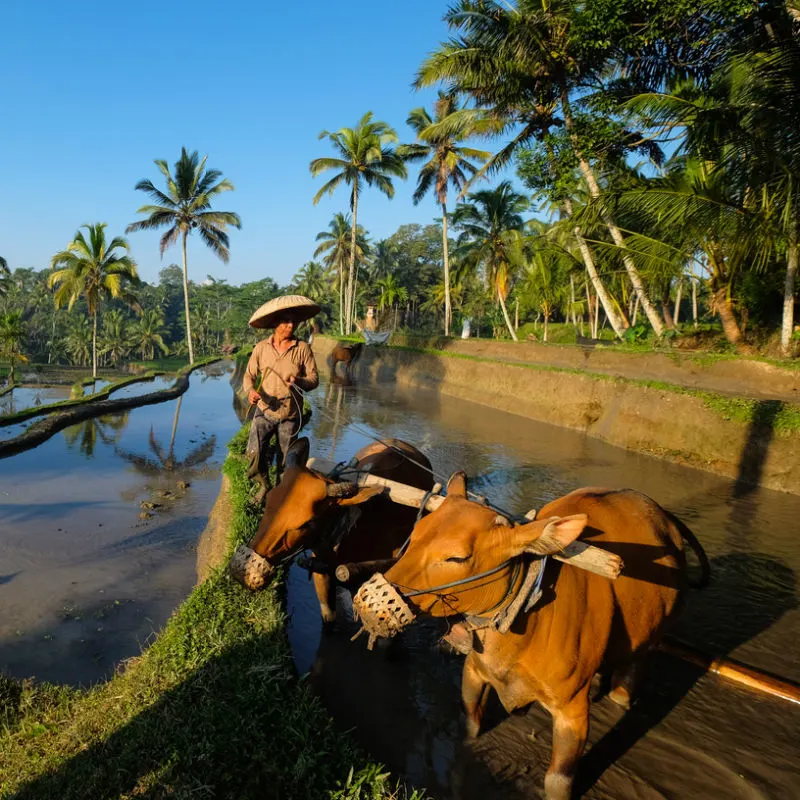
At this time, travelers to Bali are safe to move around and enjoy their visits. Though travelers are encouraged to keep up to date on the latest developments before and during their time in Bali so as to prepare for any additional biosecurity measures upon their return.
Remove All Ads & Unlock All Articles… Sign up for The Bali Sun Premium

Plan Your Bali Holiday:
Book The Best English Speaking Drivers For Airport Transfers & Tours
Choose From Thousands of Bali Hotels, Resorts, and Hostels with Free Cancellation On Most Properties
Book Cheap Flights To Bali
Don’t Forget Travel Insurance That Covers Medical Expenses In Bali
For the latest Bali News & Debate Join our Facebook Community
SUBSCRIBE TO NEW POSTS
Enter your email address to subscribe to The Bali Sun’s latest breaking news, straight to your inbox.

Wayan Bo
Friday 8th of July 2022
Our holly cows should becomes healthy again. Perhaps a trip to Goa, India would help recovery them.
Randy
Wednesday 6th of July 2022
"This is why leading veterinarians in Australia are calling on the government to increase biosecurity measures for travelers arriving in the country from Indonesia, especially those returning from Bali." As if International travelers will be visiting a farm in Bali and pick up crap under their shoes...